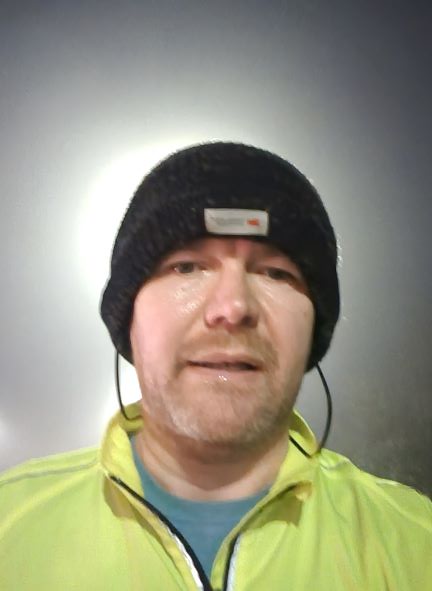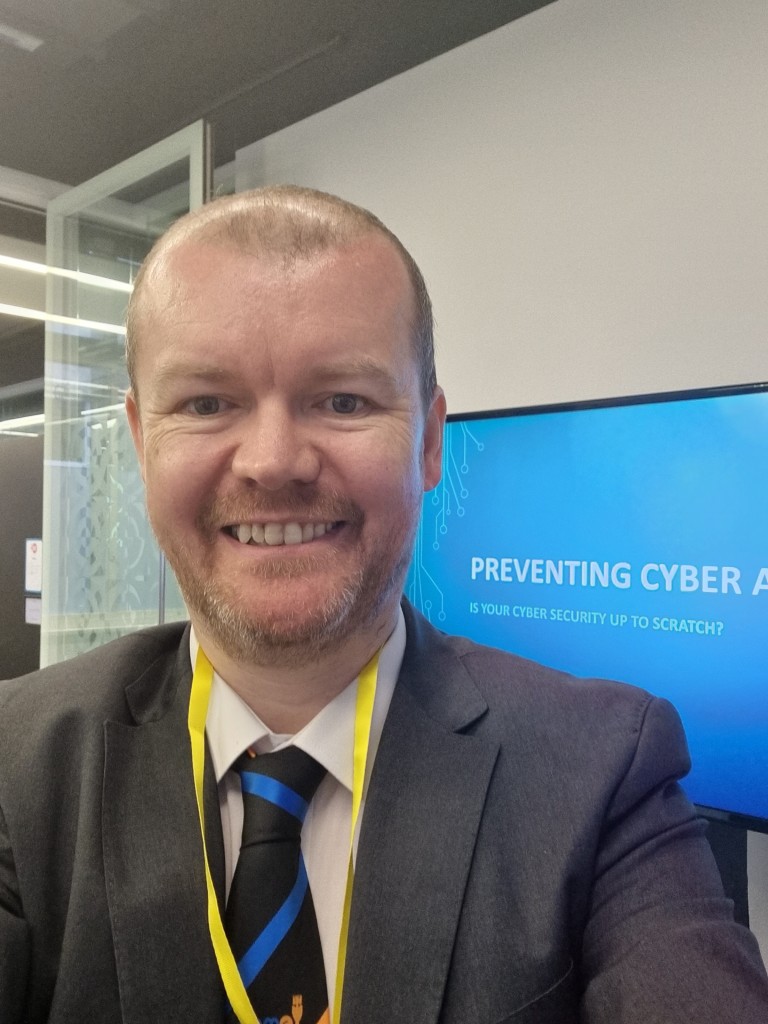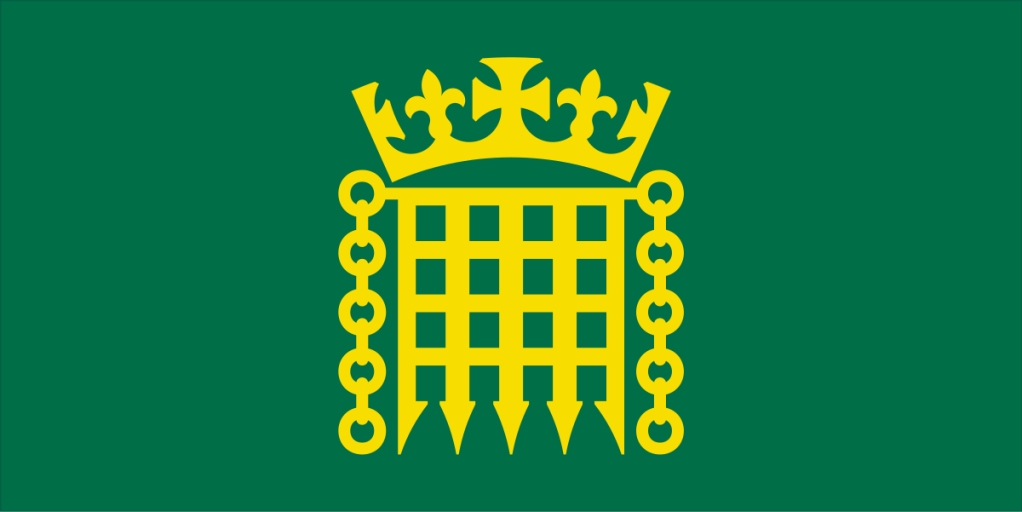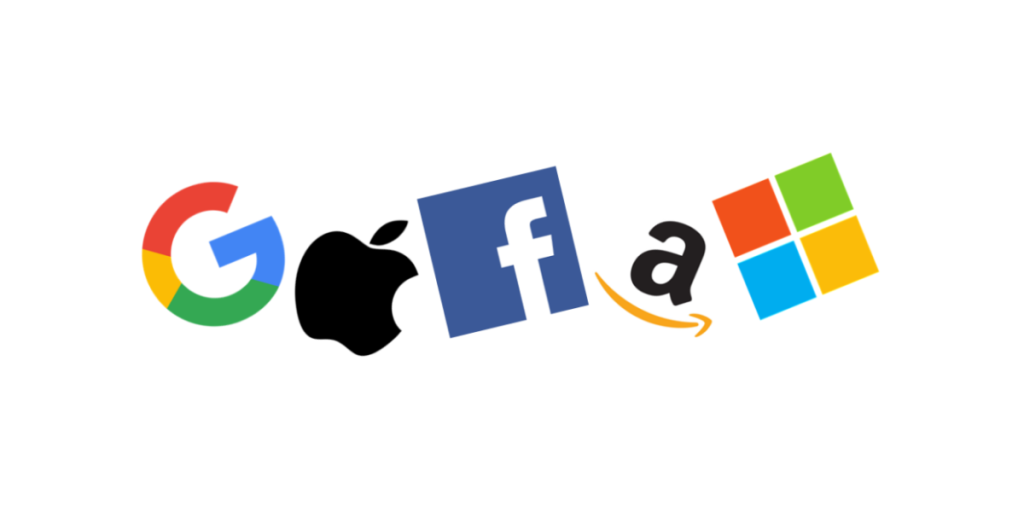We are at the end of yet another year, and this time, the end of 2022 so its time to briefly blog a bit of a reflection on my year. The easiest place to start in reviewing the year is the pledges I made at the beginning of 2022.
Exercise and Health

2022 saw me once again reach 750km of running for the year however it saw me much more inconsistent than I had been in 2021. Although I managed to run over 100km in each of 4 months, more than I had managed before, I also had some months where I achieved very little distance at all. In terms of distance, I did finally manage to achieve a couple of 10km runs although these runs were rather broken and slow. My speed over the whole period continued to be rather slow, being on average 6:21 min/km whereas I would have very much likely to have been closer to the 6-minute mark. That said, throughout my years running my focus was always on achieving the distances regularly rather than on building up my speed. Towards the end of the year, I did start to suffer some joint and muscle pains so decided to rest from mid-December onwards to allow me to then look to restart in 2023.
I suggested at the start of 2022 that another health related plan was to reduce my alcohol intake. Sadly, this didn’t really happen and the idea of a “dry” month certainly never looked like happening. Now, I enjoy a beer especially when watching the football or a good film, plus it is one of the few vices I believe I have so I am not too disappointed on failing to meet this pledge. It is important to balance trying to achieve things, to work hard, etc, with also having a bit of fun. I suspect my alcohol intake is overall slightly less than in 2021 although I don’t have any really evidence to support this, so this may simply be me justifying not doing more.
Another area of health which didn’t work out in 2022 related to dental accidents with a number of accidents during 2022 resulting in dental treatment which I find difficult, and that’s even before, as a Scotsman, I get to having to pay for it!
I also note that as I finished work in December I fell ill with a bit of a flu (not covid!). Upon looking back to 2021 the same issue had occurred with illness in December. I wonder if this is me simply pushing too hard and failing to consider my health, then as the term and year ends and I relax, the strain on my body catches up with me, manifesting in illness. Maybe something to think about next year in ensuring I take care of myself as term ends in order to hopefully avoid a period of illness over the festive season.
Wellbeing /Happy memories

Sitting here writing this things don’t quickly come to mind although a family holiday abroad, our first since the pandemic does come to mind and was enjoyable. I also thoroughly enjoyed a trip with my wife as part of our anniversary which saw us spend a few days in London together, even taking in a stage show and seeing a number of historic sites around London. There are also a number of other significant memories created during the course of 2022 however I will not go on to list these here. So this is all positive.
I think part of the issue here is that I maybe don’t have a great long term memory and therefore find it difficult to quickly reflect. To that end I started noting things, achievements, etc, starting in March 2022 to help me with this. Reviewing this it seems clear a vast majority of the notable things from 2022 relate to either my job or to the wider education and technology sectors in which I work rather than to personal or family related things. This is something I need to think a bit more on in terms of my work/life balance and whether it is a balance I am happy with.
One memory I will have for 2022 will definitely be turning up to the Houses of Parliament to attend a morning meeting, but sadly attending on the wrong day, a day to early, followed by feeling ill and not being able to attend the event on the correct day. Ooops.
Reading
I didn’t read quite as much as intended or would have liked during the course of the year. I think I maybe managed 6 or 7 books rather than my normal 12 books although I did start to read some fiction in addition to my non-fiction, enjoying re-reading Frank Herbert’s Dune and also a number of HP Lovecraft short stories. The issue was generally one of time and priorities with reading sitting with a reasonably low priority. This was however helped by the various conference and other events I attended which required train travel, thereby providing me with an opportunity to catch up on reading.
Contributing

This is likely the area where I think I did best during 2022. I had opportunities to contribute to several different education and technology conferences or other events as a speaker, panellist, or guest while also developing a number of different bits of content for various organisations. There were also many brilliant opportunities to network and catch up with colleagues from across the UK including the ANME ambassadors, Bukky Yusuf, Mark Anderson, Al Kingsley, Olly Lewis, Abid Patel and Emma Darcy to name but a few. The fact that Abid Patel presented me with a can of my favourite Bru (intentional spelling) at an event being a particular highlight. I was also both surprised but also very pleased to be nominated for Network Manager of the Year as part of the EduFuturist awards for 2022. This was definitely not something I had expected or even hoped for. As such am not sure I could have achieved much more that I did in 2022. Here’s hoping for the same kind of opportunities in 2023.
Work
I think the year in work went well with the fact I have began to take notes of achievements being a useful aide-mémoire to help in assessing this. When I addressed my team before the school broke up for Christmas it was good to be able to go back to the summer holidays and the beginning of term and list off some of the many things we have done, introduced or changed during the course of a single term, where had I not noted these down they may have simply slipped from memory.
Other achievements
2022 once again saw me take on an external accreditation in ISC2s Certified in Cybersecurity. It had been a number of years since I had last needed to take on a proper exam so I was a little nervous. As it turned out a lot of the content overlapped with some of the other accreditations I already held and as such I didn’t find the exam to be that challenging but was still happy to achieve confirmation of my achievement of the certification.
Conclusion
2022 was a busy year and I think I crammed quite a bit into it. I think one of my issues is that I seek that single highly significant and memorable event where this just didn’t happen in 2022, or indeed in a number of the preceding years. This may detract from the many lesser events and achievements I did reach in 2022 and hence leave me feeling a little depressed or under appreciative of what I did achieve. For 2023 I need to get passed this and be more positive and appreciative of that which I can and do achieve.
And so with my quick review of 2022 out of the way, it is onwards to 2023. I want to try and treat 2023 as a fresh start and new year so hopefully be able to look back, around a year from now, and find my reflections on 2023 are not merely a repeat of those from 2022. My next blog post will therefore focus on pledges for 2023 and how I might bring about the change I would like to see.



